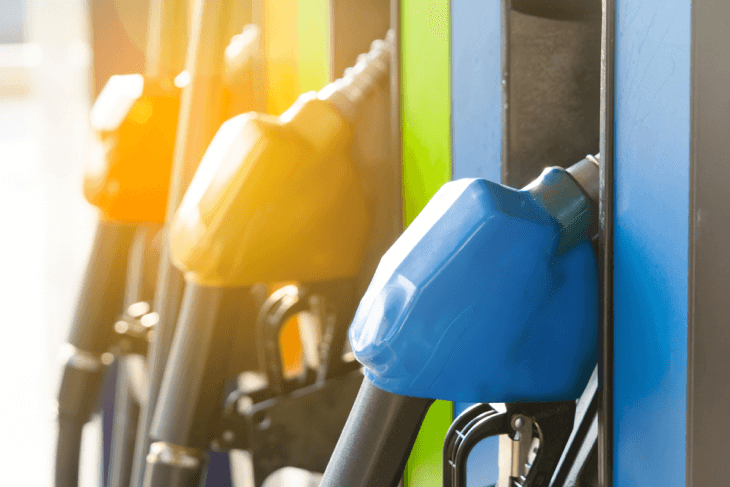If you are thinking of changing your car this year, you might be wondering what exactly to go for? Is it still okay to drive petrol or diesel? Are electric cars good enough to switch to? It is a dilemma. The UK government has announced that all new cars in 2030 should be electrically powered. So where does that leave us now? We take a look at the three options to help you decide which is right for you in 2021.
Petrol is the most popular fuel type among Brits
The most common engine choice in the UK and across the world, petrol cars are still some of the best to buy on the market – in terms of all-round usefulness and cost. Engines today have never been so efficient, so even a petrol car will give you a decent amount of MPG when compared to a diesel. Another bonus is that you don’t have to worry about finding charging points for your car. There’s also little talk of petrol bans for cars in city centres, that you might find with a diesel car.
The downsides? Petrol cars won’t cut your carbon footprint. So if you are worried about the impact you are having on the planet, then you might want to at least consider a hybrid or electric of some kind.
Diesel is less popular, but has its benefits
The main reason behind going for a diesel energy is still the fuel economy. You are going to get a lot more miles to the gallon with a diesel engine, especially as they are more efficient than ever. Some diesel cars also have lower emissions than petrol cars, meaning you can get a tax benefit on some models older than 2017.
The big concern with diesel is how dirty they are. Many cities across the world are banning diesel engines completely from their centres in a bid to clean the air. This means you could be left unable to travel into the places you need to go, leaving you to rely on public transport or car sharing. The public opinion of diesel engines was also tainted by the Volkswagen emissions scandal, so even if you do go for one of the cleaner options, you are likely to still have that stigma.
Electric is sparking interest
Electric cars are the future. It’s a fact that countries around the world have seen them as one of the easiest ways to cut down their carbon emissions. You can see this in the sheer number of PHEV, hybrids and fully-electric models being released by the big car companies. The technology has never been better and the cars themselves are a lot nicer to look at and drive.
The problem at the moment is charging and range. If you live in a rented accommodation or a flat, you might not be able to install a charging point to recharge your vehicle. That leaves you relying on the electric infrastructure in your area, which can vary depending on what part of the country you live in.
Electric cars also often have a limited range, with only some of the most expensive models having anything that makes the cars capable of long journeys. The good news is that the engines are improving, and the charging networks are expanding. But they aren’t at their peak just yet.
So, which should you go for?
If you are concerned about your carbon footprint and only drive short distances on a regular basis, then you should go for an electric. But if you can’t plan all your journeys or spend a lot of time driving long distances, then diesel or petrol is what you should go for. Whatever you choose, you can reduce your impact by planning journeys, only driving when it’s essential and being more careful with your driving.





 Facebook
Facebook Twitter
Twitter Instagram
Instagram LinkedIn
LinkedIn Youtube
Youtube